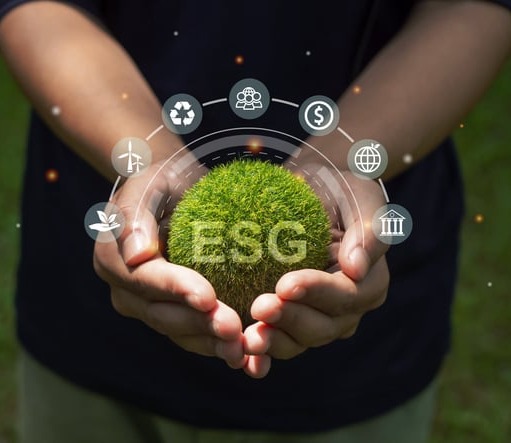
Sustainability: A Path to the Future
Sustainability is one of the most pressing issues of our time. With the increasing awareness of environmental and social concerns, the pursuit of a more sustainable world has become a global priority. Sustainability is not just a trend but a pressing necessity for present and future generations.
